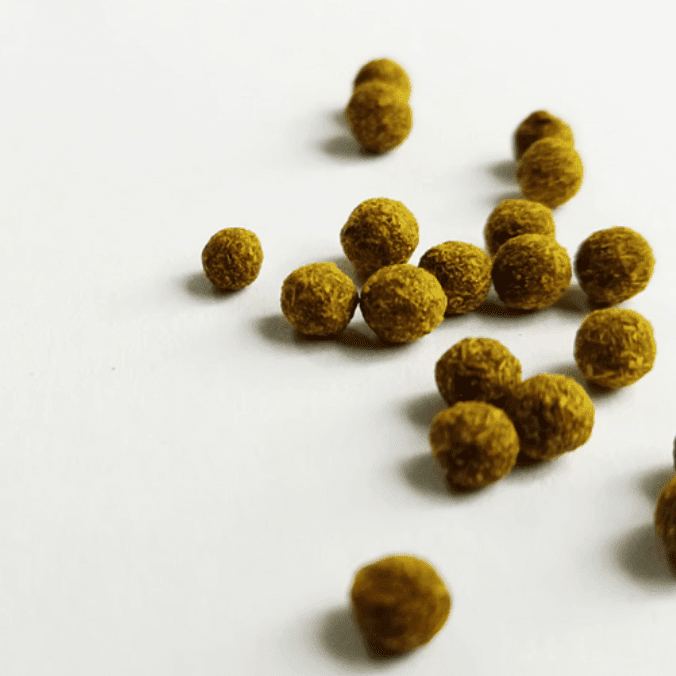
Stress is something that affects everybody. Stress is defined as a state of mental or emotional tension or strain resulting from demanding or adverse circumstances. This can result in a multitude of symptoms, including headaches, muscle tension, pain, insomnia, worry, anxiety, depression and even disease. And according to a recent survey, nearly 77 percent of all Americans regularly experience physical or psychological symptoms caused by stress (American Institute of Stress, May 2017).
On a cellular level, chronic stress has actually been shown to shorten the immune cell telomeres. Telomeres are DNA-protein complexes found in chromosomes that promote genetic stability. When the body is stressed, the immune cells are less likely to duplicate and this puts the body at risk of infection or illness.
So what can be done to reduce stress? The simple answer is a ton. Some examples of ways to deal with stress include exercising, journaling, meditation, coloring, getting a massage, reading, watching a movie, talking with friends, playing games, sitting in nature, eating healthy food and even acupuncture.
This leads us to Traditional Chinese Medicine, a 3,000 year old medical system that can balance the body, relieve stress and decrease/prevent disease. TCM utilizes many modalities to treat people, but according to many scholars, it all began with herbal medicine. Herbs can be used alone or in conjunction with one another to create customized formulas that help heal the body. Here are some examples of herbs and formulas that can combat stress.

1. Eleuthro or Ci Wu Jia: This herb is an adaptogen, meaning it has revitalizing or restorative properties. In particular, Ci Wu Jia works very well for people who work high stress jobs, work long hours or have erratic schedules. It supports quality sleep and also strengthens the immune system.
2. Aswhagandha: While this herb is not regularly used in TCM, it is still a very potent herb for tackling stress. Specifically, ashwagandha helps with anxiety, fatigue and stress-induced insomnia. It is also used to support the immune system and stimulate the thyroid gland for those suffering from hypothyroidism.
3. Xiao Yao San: This herbal formula combines several herbs to become one of the most frequently prescribed formulas in TCM. Xiao Yao San soothes the liver, which according to TCM theory is where stress is controlled.
4. Cordyceps or Dong Chong Xia Cao: Cordyceps is a type of fungus found on caterpillars. It has been used by TCM practitioners for centuries to fight fatigue, support the immune system and protect the liver and kidneys.
5. Suan Zao Ren Tang: This herbal formula is very effective for treating agitation, insomnia, irritability and scattered thoughts. These symptoms are very common in people who are overworked and emotionally stressed out.
Herbs can be very beneficial and help keep the body free from illness. The herbs and formulas mentioned above are just a few examples that would be good to have around if you suffer from stress and anxiety. To find out more about these herbs, reach out to us!

